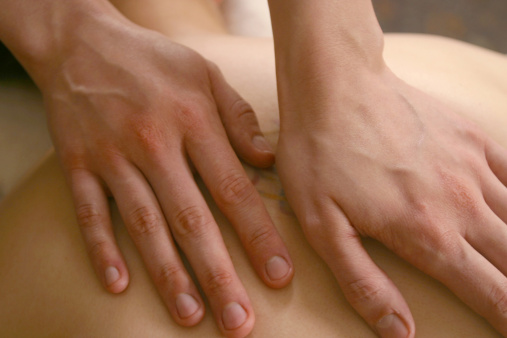 When it comes to natural healing methods, there is certainly plenty of folklore. Ancient civilizations are documented to use all kinds of practices, from tree bark to meditation, in order to combat disease, improve clarity, and contribute to a healthier existence. Many of these healing techniques and substances are touted to be effective today, but does any hard evidence exist indicating they actually work? Can a healing method used in a simple, ancient time provide the relief you need in today’s threatening surroundings? Do ancient techniques stand any chance to defend you against today’s stress, sickness, disease, and pollution?
When it comes to natural healing methods, there is certainly plenty of folklore. Ancient civilizations are documented to use all kinds of practices, from tree bark to meditation, in order to combat disease, improve clarity, and contribute to a healthier existence. Many of these healing techniques and substances are touted to be effective today, but does any hard evidence exist indicating they actually work? Can a healing method used in a simple, ancient time provide the relief you need in today’s threatening surroundings? Do ancient techniques stand any chance to defend you against today’s stress, sickness, disease, and pollution?
In some cases, ancient healing practices are effective for treating many common-day illnesses. Some practices are backed-up by recent scientific evidence, meaning they are definitely worth a try and can be effective. They are proven to work through unbiased experiments and can possibly help you if you’re suffering from illness, pain, or discomfort. Here are some ancient practices that can improve your health.
Live With Purpose
Ancient Greek philosophers often debated which form of happiness was better: hedonistic oreudaimonic. Hedonistic happiness is derived from maximizing personal pleasure and decreasing pain, while eudaimonic happiness involves having a larger purpose or meaning in life. An example of hedonistic happiness is the feeling you might get from eating a bowl of ice cream, while getting joy from seeing a loved one succeed as a result of your work is a form of eudaimonic happiness.
A recent study from the University of North Carolina, Chapel Hill uncovered that although both forms can make a person feel good, those who get more joy from helping others are healthier. They have increased levels of antibody production to help them ward off disease when compared to their more hedonistic counterparts. If you want to be happier and healthier, it appears like contributing to overall happiness is the way to do it.
Meditation
Meditation has long been a part of Eastern Asian cultures. It’s recognized as having an ability to reduce stress, increase focus, bring calmness and clarity, and ultimately lead to a healthier and longer life. A new study from Harvard has shown this is largely true, and meditation can have a positive impact on immune function and stress control. A research team observed a group of high-stress individuals as they partook in a yoga and mediation program. Throughout the trial, they used neuro-imaging and genomic technology to track any physiological changes. Doctors noticed that participants showed improved mitochondrial energy production, utilization and resilience, which results in lower stress and can improve conditions like hypertension.
Accepting Reality
There are many circumstances in life you can’t change even if you try. Accepting these realities, as ancient Buddhists teach, can reduce overall suffering. By accepting what you can’t control and moving on, you save yourself all kinds of undue stress and increase overall happiness. A research team compared adults who undergo major life changes by examining seniors residing in an assisted living facility. They found these seniors are much happier even though they have given up a degree of independence. They also tend to live happier and longer lives than their counterparts who refuse to give up their independence and stay home. If you can’t control a situation, try to avoid worrying about it.
Practicing Tai Chi
An early morning walk through a park might give you the idea that the ancient Chinese practice oftai chi has modern-day benefits. And according to research from Harvard, you’d be right.Tai chi is believed to create a sense of peace and harmony by creating balance in the mind and body, resulting in a greater longevity. It’s scientifically noted to help prevent and treat conditions (when used with standard treatments) like arthritis, low bone density, and heart disease by stretching and strengthening muscles.
Source:
Hall, A., “8 Ancient Beliefs Now Backed by Modern Science,” Huffington Post web site, March 21, 2014; http://www.huffingtonpost.com/2014/03/21/8-ancient-beliefs-now-bac_n_4995877.html?utm_hp_ref=healthy-living, last accessed April 2, 2014
